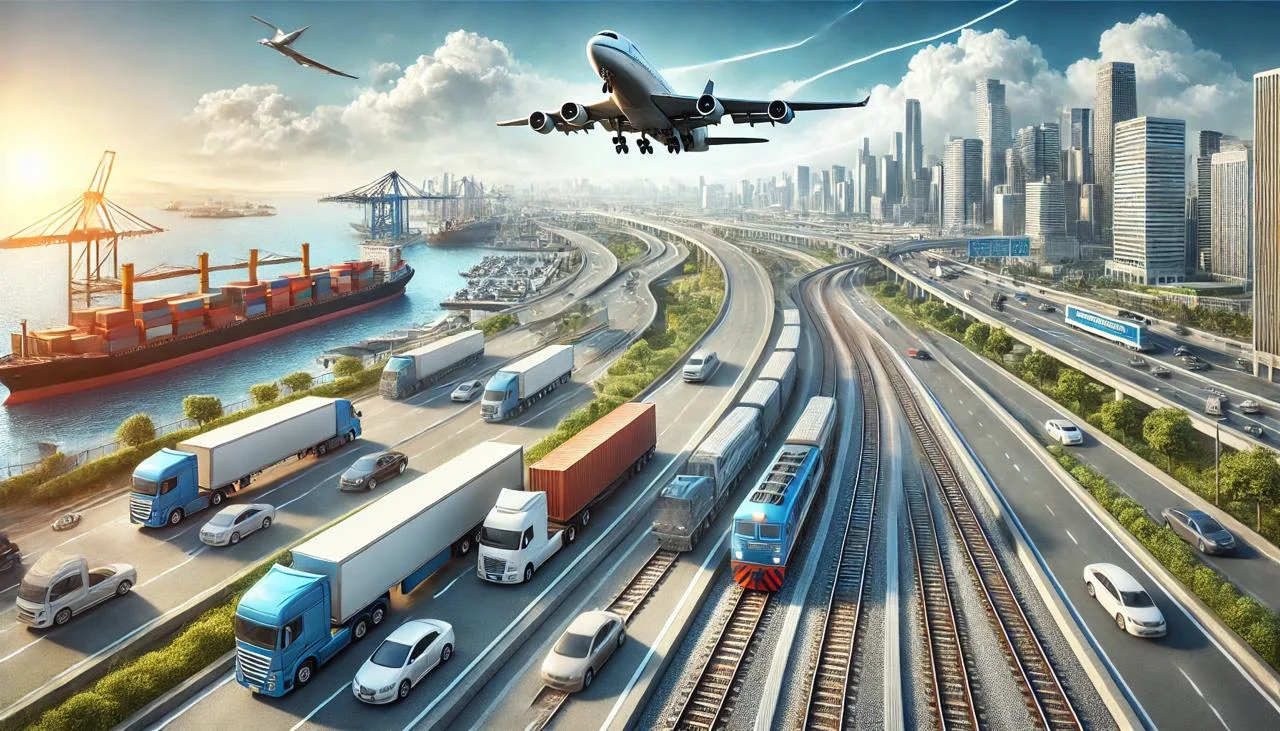In today’s fast-paced, interconnected world, reliable shipping is more than a convenience—it’s a necessity. Businesses of every size rely on the seamless movement of goods to keep supply chains strong, meet customer expectations, and compete in a global marketplace. When shipping falters, the ripple effect can impact everything from production schedules to consumer trust. That’s why companies across industries are placing greater emphasis on building partnerships with dependable shipping providers.
The Backbone of International Trade
Shipping is the backbone of international trade. From small e-commerce retailers sending packages overseas to multinational corporations transporting raw materials, the ability to deliver products on time and in good condition is non-negotiable. Without it, the global economy would stall.
Imagine a manufacturer in Europe waiting on parts from Asia. If those parts are delayed, an entire production line could shut down. On the flip side, when shipping is reliable, it ensures continuity, efficiency, and customer satisfaction. It’s the invisible thread connecting producers, suppliers, and buyers worldwide.
Meeting Rising Customer Expectations
Today’s customers expect fast, affordable, and trackable deliveries. Thanks to giants like Amazon setting new standards, even small businesses feel the pressure to offer quick turnarounds and transparent shipping processes. Unreliable shipping can quickly erode customer loyalty, leading to poor reviews and lost sales.
Reliable shipping, on the other hand, builds trust. When customers know they can count on a business to deliver as promised, they are far more likely to return and recommend it to others. In a competitive marketplace, that reliability is a powerful differentiator.
Streamlining Supply Chains
The global supply chain is a delicate system, and reliable shipping is the glue that holds it together. Delays, lost shipments, or damaged goods don’t just cause inconvenience—they can lead to missed opportunities, increased costs, and strained partnerships.
For businesses, having confidence in their shipping means they can focus on growth and innovation instead of worrying about logistics. This stability is what allows supply chains to adapt quickly when markets shift, demand spikes, or disruptions occur.
Technology’s Role in Reliable Shipping
Modern shipping would not be what it is today without technology. Tools like GPS tracking, automated warehousing, and real-time data analytics make it possible for businesses to monitor shipments every step of the way. These advancements reduce errors, provide transparency, and give customers peace of mind.
Additionally, technology helps companies predict challenges before they arise. For instance, weather alerts or port congestion data can trigger alternative routes, ensuring that deliveries remain on schedule. Embracing these tools is no longer optional—it’s essential for staying competitive.
Partnering with the Right Providers
While technology plays a major role, the human element in shipping is just as important. Choosing the right logistics partner makes all the difference. Businesses need providers that not only have the infrastructure but also the commitment to deliver consistently.
For example, a business in California might partner with a 3PL California provider to gain access to regional expertise, advanced shipping networks, and flexible fulfillment options. By outsourcing to a trusted partner, companies can scale faster, reduce costs, and avoid the headaches of managing shipping alone.
Reliability as a Competitive Advantage
Reliable shipping is not just an operational necessity—it’s a competitive advantage. Businesses that consistently meet delivery promises strengthen their reputation and gain a loyal customer base. This reliability is particularly critical in industries where timing is everything, such as fashion, pharmaceuticals, or perishable goods.
On the other hand, companies with poor shipping records often find themselves struggling to retain customers and partners. In today’s connected world, where reviews travel fast, one bad shipping experience can damage a brand’s credibility.
The Global Impact
Beyond individual businesses, reliable shipping has a profound effect on the global economy. It supports international trade, fosters economic growth, and encourages collaboration across borders. Countries with robust shipping infrastructure are better positioned to attract investment, boost exports, and strengthen their economies.
Unreliable shipping, however, creates bottlenecks that ripple across industries. Supply shortages, price fluctuations, and slowed growth can all result from systemic shipping issues. That’s why governments, corporations, and logistics providers are continuously investing in better systems to keep goods moving smoothly.
The Role of 3PL Services
Third-party logistics (3PL) services are becoming increasingly popular as businesses look for efficient ways to manage their shipping. These providers handle everything from warehousing and fulfillment to transportation and last-mile delivery. By leveraging their networks and expertise, companies can ensure their products reach customers reliably and cost-effectively.
Partnering with a 3PL Logistics Company allows businesses to offload complex logistics tasks while focusing on their core operations. Whether it’s expanding into new markets, managing seasonal demand, or improving delivery times, 3PL services provide the reliability that businesses need to thrive globally.
Looking Ahead
As the global economy continues to evolve, the importance of reliable shipping will only increase. E-commerce is growing rapidly, supply chains are becoming more complex, and customer expectations are higher than ever. Businesses that prioritize reliable shipping—through technology, strong partnerships, and strategic investments—will position themselves for long-term success.
At the end of the day, reliable shipping is about more than just moving boxes from point A to point B. It’s about building trust, enabling growth, and connecting the world. And in a global economy, there’s nothing more important than that.



